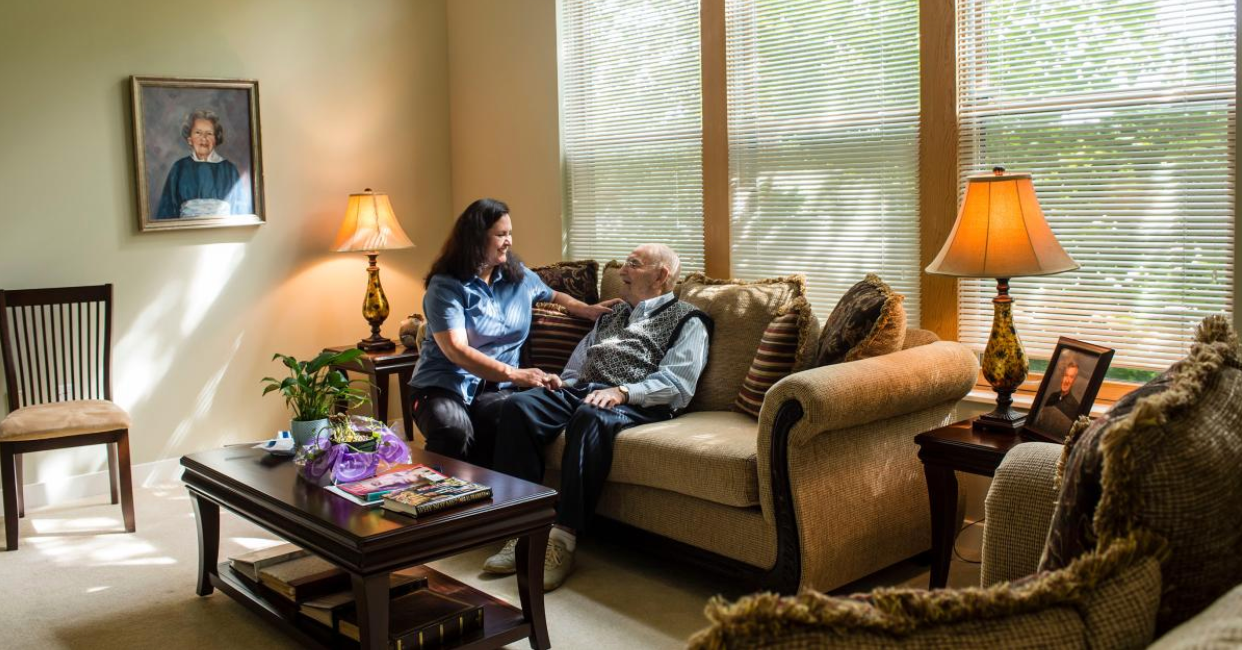What Is Normal Blood Pressure by Age?
What is Normal Blood Pressure by Age?
The recognition of blood pressure as a leading health indicator traces back to pivotal scientific advancements in the 18th and 19th centuries. The concept of blood pressure was first explored by English physician William Harvey, who described blood circulation in the 1600s, laying the groundwork for understanding vascular dynamics. However, the ability to measure blood pressure only emerged in 1733 when Reverend Stephen Hales conducted the first recorded experiment, inserting a glass tube into a horse’s artery to observe blood force. This crude method sparked curiosity but lacked practicality for humans. In 1896, Italian physician Scipione Riva-Rocci revolutionized the field with the invention of the sphygmomanometer, a device using an inflatable cuff and mercury column to gauge arterial pressure. Russian physician Nikolai Korotkoff further refined the technique in 1905, introducing the use of a stethoscope to detect the Korotkoff sounds, which indicate systolic and diastolic pressures. These breakthroughs transformed blood pressure measurement into a practical, non-invasive diagnostic tool, cementing its role as a critical indicator of cardiovascular health and a predictor of conditions like hypertension, heart disease, and stroke.
At 7 Day Home Care, we’re committed to providing the highest quality home care services, designed to meet your family’s unique needs. Call us today at 516-408-0034 or visit our website to learn more. Let us help your family find peace of mind and exceptional care for your loved one.

Blood Pressure Varies By Age
Blood pressure is one of the most important indicators of overall health, reflecting how efficiently your heart pumps blood and how well your arteries are functioning. While the concept of “normal blood pressure” is generally understood as a single range, the truth is that what is considered normal can vary by age, lifestyle, and overall health. Blood pressure tends to change over time, making it essential to understand what is healthy for each stage of life.
In this article, we’ll explore how blood pressure varies by age, what factors can influence these readings, and how to maintain healthy blood pressure levels for long-term well-being.
What Is Blood Pressure?
Blood pressure is the force of blood pushing against the walls of your arteries as it circulates through your body. It is measured in two numbers:
1. Systolic Pressure: The top number, representing the pressure when your heart beats.
2. Diastolic Pressure: The bottom number, indicating the pressure when your heart rests between beats.
For example, a reading of 120/80 mmHg means your systolic pressure is 120 mmHg, and your diastolic pressure is 80 mmHg.
Blood pressure is categorized into the following ranges:
• Normal: Less than 120/80 mmHg
• Elevated: Systolic between 120-129 mmHg and diastolic less than 80 mmHg
• Hypertension Stage 1: Systolic between 130-139 mmHg or diastolic between 80-89 mmHg
• Hypertension Stage 2: Systolic 140 mmHg or higher or diastolic 90 mmHg or higher
Normal Blood Pressure by Age
Children (1-12 Years)
Blood pressure in children is generally lower than in adults due to their smaller bodies and circulatory systems. However, a child’s blood pressure is still an important metric for overall health.
• Normal Range:
• Systolic: 90-120 mmHg
• Diastolic: 50-80 mmHg
Routine checkups with a pediatrician can ensure that your child’s blood pressure remains within a healthy range, as early signs of hypertension can develop in some cases.
Teenagers (13-19 Years)
As children grow into adolescence, their bodies undergo significant hormonal and physical changes that can affect blood pressure. Most teens’ blood pressure levels align closely with the lower end of the adult range.
• Normal Range:
• Systolic: 110-130 mmHg
• Diastolic: 60-80 mmHg
Encourage teens to adopt healthy lifestyle habits, including regular exercise and a balanced diet, to establish good blood pressure management early in life.
Adults (20-59 Years)
For adults, maintaining normal blood pressure is critical to preventing chronic conditions like heart disease, kidney problems, and stroke.
• Normal Range:
• Systolic: Less than 120 mmHg
• Diastolic: Less than 80 mmHg
The 20s and 30s are a good time to prioritize cardiovascular health by adopting healthy habits such as regular physical activity and stress management. By middle age, blood pressure may begin to creep upward due to lifestyle factors, hormonal changes, or stress, so monitoring becomes even more important.
Seniors (60+ Years)
As people age, blood vessels naturally stiffen, which can lead to increased systolic pressure. While slightly elevated systolic readings may be acceptable for some seniors, managing high blood pressure remains essential to reduce the risk of complications like heart attack and stroke.
• Normal Range:
• Systolic: Less than 130 mmHg
• Diastolic: Less than 80 mmHg
Doctors may adjust blood pressure targets for seniors based on their overall health and the presence of other conditions, such as diabetes or kidney disease.
Factors That Influence Blood Pressure
Blood pressure is influenced by a combination of lifestyle, genetic, and environmental factors. Some of the most common include:
1. Diet: A diet high in sodium and low in potassium can increase blood pressure. Conversely, a balanced diet with fruits, vegetables, and whole grains can help maintain healthy levels.
2. Exercise: Regular physical activity strengthens the heart, allowing it to pump blood with less effort and reducing pressure on the arteries.
3. Stress: Chronic stress can lead to temporary or long-term increases in blood pressure. Relaxation techniques, such as meditation, can help mitigate this.
4. Medications: Certain medications, such as decongestants, can elevate blood pressure.
5. Underlying Health Conditions: Diabetes, kidney disease, and hormonal imbalances can contribute to high blood pressure.
How to Maintain Healthy Blood Pressure
1. Adopt a Heart-Healthy Diet: Focus on nutrient-rich foods like fruits, vegetables, lean proteins, and whole grains. Minimize processed foods and added salt.
2. Stay Active: Aim for at least 150 minutes of moderate-intensity exercise per week, such as brisk walking, swimming, or cycling.
3. Monitor Your Weight: Maintaining a healthy weight reduces the strain on your heart and helps keep blood pressure in check.
4. Limit Alcohol and Caffeine: Both can temporarily raise blood pressure, especially when consumed in excess.
5. Manage Stress: Techniques like yoga, deep breathing, or mindfulness can help lower stress levels and improve overall health.
6. Check Your Blood Pressure Regularly: Use a home monitor to track your blood pressure, especially if you have a history of hypertension.
When to Seek Medical Advice for Blood Pressure
It’s important to consult a doctor if you experience:
• A blood pressure reading higher than 180/120 mmHg (hypertensive crisis).
• Symptoms like severe headache, dizziness, shortness of breath, or chest pain.
• A consistent rise in blood pressure over time.
For those with preexisting conditions or a family history of hypertension, regular checkups are essential to prevent complications.
Understanding normal blood pressure ranges by age is an important step in maintaining long-term health. From childhood to older adulthood, staying informed about your blood pressure can help prevent serious health issues. By adopting healthy lifestyle habits and working closely with your healthcare provider, you can ensure your blood pressure remains within a safe range. This article is for informational purposes only and does not replace professional medical advice. Please consult a healthcare provider for personalized recommendations and treatment options.
At 7 Day Home Care, we are committed to supporting your health and well-being. Whether you need assistance managing a chronic condition or are looking for personalized care solutions, we are here to help. Contact us today at 516-408-0034 to learn more about our comprehensive services. 7 Day Home Care is a licensed home care agency and provides services in Manhattan, Queens, Brooklyn, Nassau County, and Suffolk County, New York.
Brian Callahan
7 Day Home Care










